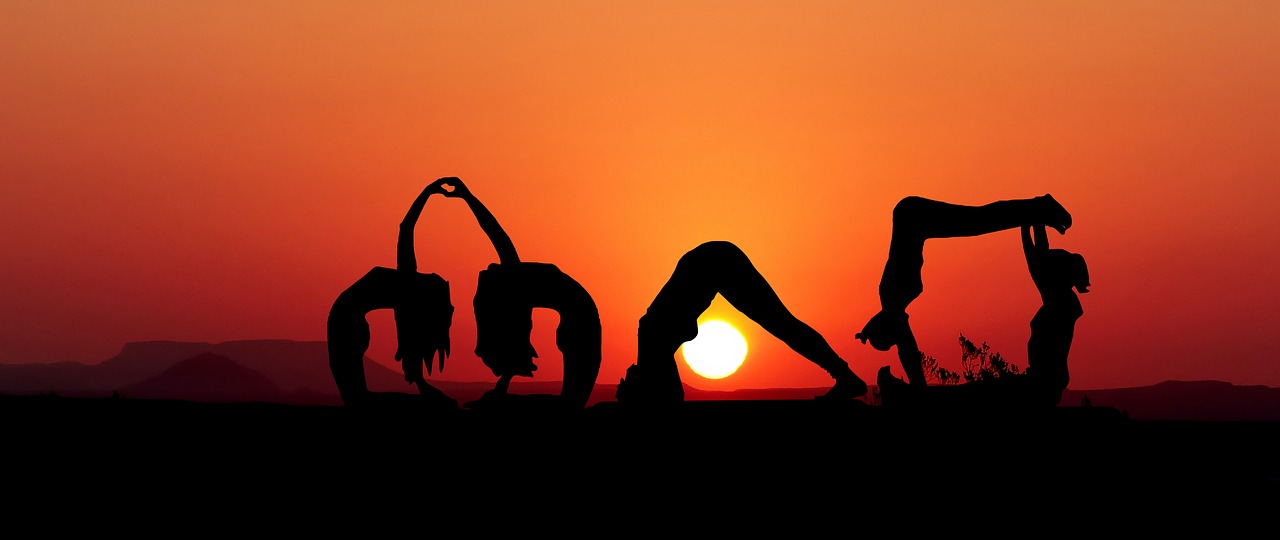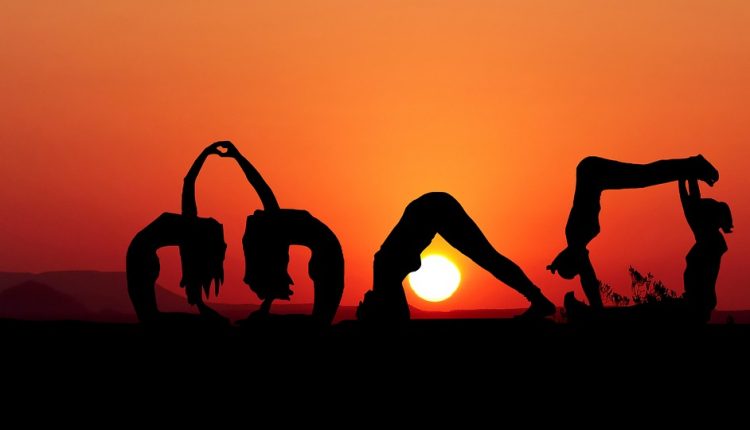
India’s yoga legacy is a mystical and enigmatic subject that has fascinated people from all over the world for centuries. From the ancient texts of the Vedas to the modern-day yoga studios, the practice of yoga has evolved and transformed over time, leaving behind a rich and complex legacy that is both fascinating and mysterious. In this article, we will take a journey through India’s yoga legacy, unraveling the mystique that surrounds this ancient practice and exploring its many facets. Join us as we delve into the history, philosophy, and practice of yoga, and discover the secrets that lie at the heart of this timeless tradition.
1. The Enigmatic World of Yoga: A Quest for Understanding India’s Ancient Legacy
Yoga is a practice that has been around for thousands of years, yet it remains an enigma to many. It is a physical, mental, and spiritual discipline that originated in ancient India and has since spread throughout the world. The practice of yoga involves a series of postures, breathing exercises, and meditation techniques that are designed to promote physical and mental well-being.
At its core, yoga is a quest for understanding India’s ancient legacy. It is a way to connect with the wisdom and knowledge of the past and to apply it to our modern lives. Through the practice of yoga, we can learn to cultivate a deeper sense of awareness and mindfulness, which can help us to navigate the challenges of daily life with greater ease and grace. Whether you are a beginner or an experienced practitioner, there is always more to discover and explore in the world of yoga. So why not embark on this journey of self-discovery and see where it takes you?
2. Tracing the Roots of Yoga: A Fascinating Journey Through India’s Spiritual Heritage
India’s spiritual heritage is a vast and complex tapestry of beliefs, practices, and traditions that have evolved over thousands of years. At the heart of this rich cultural heritage lies the practice of yoga, which has been passed down from generation to generation as a means of achieving physical, mental, and spiritual well-being.
Tracing the roots of yoga is a fascinating journey that takes us through the ancient texts, myths, and legends of India. From the Vedas and Upanishads to the Bhagavad Gita and the Yoga Sutras of Patanjali, these texts provide us with a glimpse into the spiritual practices and beliefs of the ancient Indians. Along the way, we encounter a diverse range of yogic practices, including Hatha yoga, Kundalini yoga, and Raja yoga, each with its own unique set of techniques and philosophies. Through this journey, we gain a deeper understanding of the origins of yoga and its profound impact on Indian culture and spirituality.
3. Decoding the Mysteries of Yoga: An Exploration of India’s Timeless Wisdom and Philosophy
Yoga is an ancient practice that has been around for thousands of years. It originated in India and has since spread all over the world. The practice of yoga involves physical postures, breathing exercises, and meditation. It is a holistic approach to health and wellness that aims to balance the mind, body, and spirit.
The philosophy of yoga is based on the idea that we are all connected and that everything in the universe is interconnected. It teaches us to live in harmony with ourselves, others, and the world around us. Through the practice of yoga, we can learn to quiet our minds, reduce stress, and find inner peace. Yoga is not just a physical practice, but a way of life that can help us to live more fully and authentically. As we conclude our journey through India’s yoga legacy, we are left with a sense of awe and wonder at the depth and richness of this ancient practice. From its origins in the Indus Valley Civilization to its modern-day global popularity, yoga has evolved and adapted to suit the needs of each generation. Yet, at its core, it remains a powerful tool for self-discovery, healing, and transformation. As we continue to unravel the mystique of yoga, let us remember to approach it with humility, curiosity, and respect, honoring the wisdom of those who have come before us and paving the way for those who will follow. Namaste.

